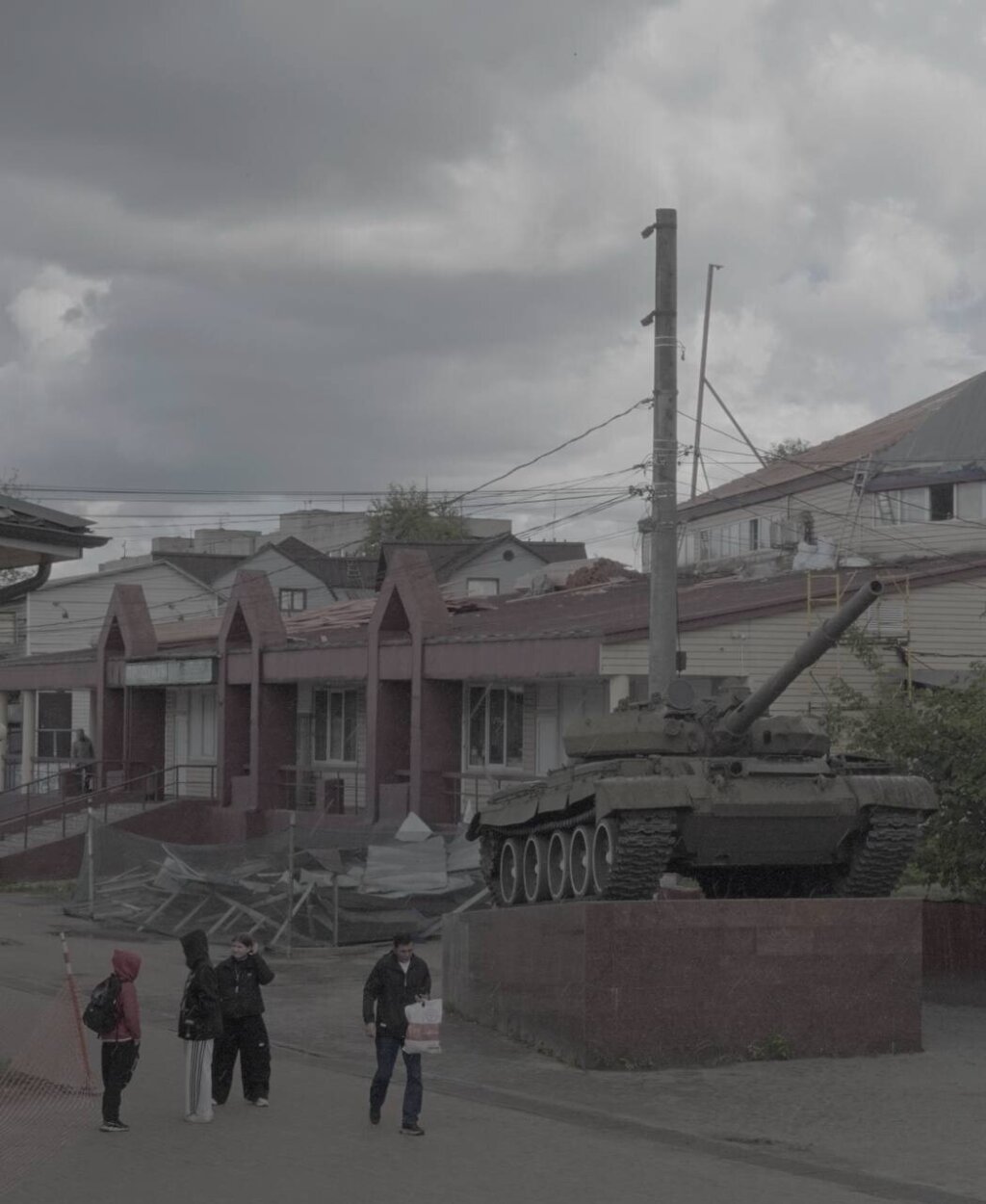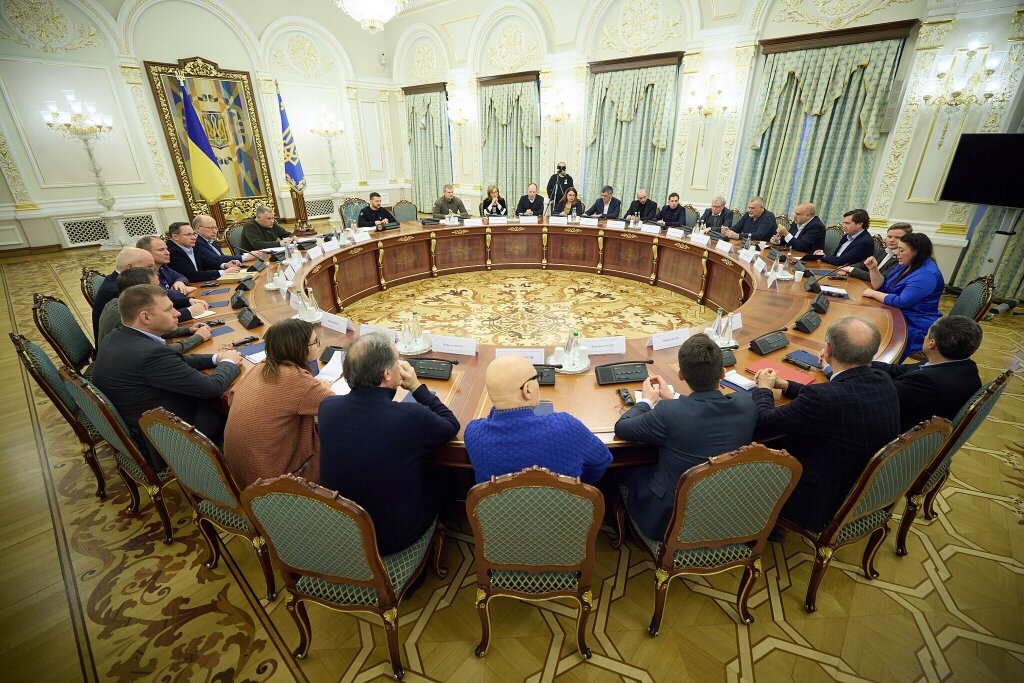This event will be hosted in hybrid format. RSVP to attend in person. Register for the Zoom meeting.
When asked whether Russians support, oppose, or ignore the war in Ukraine, the temptation is to look for simple answers: yes or no, for or against. But such framing overlooks the diversity of Russian society and the complexity of how people actually experience the war. Since February 2022, the Public Sociology Laboratory has documented these experiences through more than 500 in-depth interviews and 1,500 pages of ethnographic observations across places in Russia, including border regions directly affected by military actions. Interlocutors include both war supporters and opponents, “apolitical” citizens, refugees, pro-war volunteers, conscripts, and relatives of soldiers. This in-depth research has shown that geographic closeness to the fighting does not determine how “close” or “real” the war feels. Social factors—community ties, cultural background, economic position, or personal identity—often play a greater role. A person living thousands of miles from the front may interact daily with soldiers, follow frontline news, and see the war as a defining event in their life. Meanwhile, someone whose street shakes from nearby shelling may convince themselves that the war is distant and irrelevant.
These findings reveal how different groups of Russians manage their own “distance” from the war, and how this distance is managed by external factors. The war enters people's lives through familiar realms like family, money, or death, while other aspects of war are pushed away and labeled as distant “politics." The state shapes distance through propaganda, censorship, legislation, and repression, ensuring that certain realities of the war are centered while others remain obscured. To explore this dynamic, Lurie will draw on detailed ethnographic observations and interviews from PS Lab's data. Among the cases are a small town in the Urals; communities of pro-war volunteers; and Kursk, a large urban center, the surrounding area of which has been partially occupied by the Ukrainian army since August 6, 2024. These cases illustrate the different ways the war enters everyday life—or is deliberately kept at bay. Ultimately, the war “exists” in Russian society unevenly, often becoming real only for groups such as soldiers and their families, pro-war or anti-war volunteers, or those displaced from border regions. By tracing how closeness and distance are constructed in everyday life, this talk highlights how the war is reshaping not just physical and political borders, but the social geography of Russia itself.
Yakov Lurie is a social anthropologist and PhD fellow at the University of Amsterdam. His research focuses on ethnographies of mobility and transit infrastructure, exploring how people living and working along roads navigate uncertainty and change in post-socialist settings. Since the full-scale invasion of Ukraine, Yakov has studied Russian society both at home and in exile — primarily as a member of the Public Sociology Laboratory (PS Lab), where he examines how “ordinary Russians” perceive and experience the war in their everyday lives. He has also collaborated with the Hannah Arendt Research Center and the OutRush research team, and conducted applied research for various NGOs, civic initiatives, and media outlets. His work seeks to make anthropology publicly relevant, combining grounded ethnography with applied research and accessible communication.



